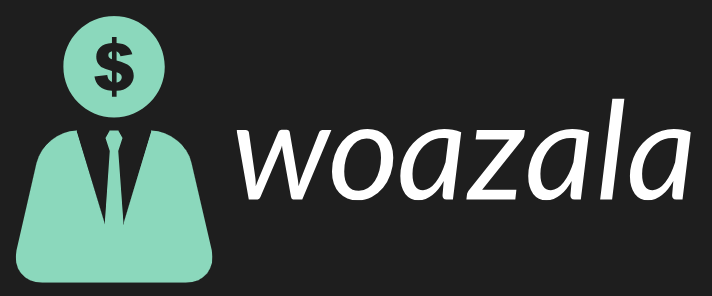An equity home loan, also known as a home equity loan or second mortgage, allows homeowners to borrow money against the equity they have built up in their property. This type of loan can be a convenient way to access funds for large expenses such as home improvements, medical bills, or college tuition. Essentially, equity home loans provide a lump sum of cash, which the borrower repays with interest over a set period.
How Equity Home Loans Work
Equity home loans are based on the equity in your home, which is the difference between your home’s current market value and the amount you still owe on your mortgage. Lenders typically allow you to borrow up to 85% of your home’s equity. The loan amount, interest rate, and repayment terms are determined based on factors such as your credit score, income, and the value of your home.
Fixed vs. Variable Interest Rates
Equity home loans can come with either fixed or variable interest rates. Fixed-rate loans have an interest rate that remains constant throughout the life of the loan, providing predictability in your monthly payments. Variable-rate loans, on the other hand, have interest rates that can change based on market conditions. While variable rates might start lower than fixed rates, they carry the risk of increasing over time, which can lead to higher monthly payments.
Benefits of Equity Home Loans
One of the primary benefits of an equity home loan is the ability to access a large sum of money at a relatively low interest rate compared to other forms of credit, such as personal loans or credit cards. Additionally, the interest paid on a home equity loan may be tax-deductible, which can make it a cost-effective way to borrow money. However, it’s important to consult with a tax advisor to understand the specific tax implications.
Risks Involved
While equity home loans offer benefits, they also come with risks. Because your home serves as collateral, failing to make payments can result in foreclosure, meaning you could lose your home. It’s crucial to assess your ability to repay the loan before borrowing against your home’s equity. Additionally, taking on more debt increases your overall financial obligations, which can be challenging if your financial situation changes unexpectedly.
Using Equity Home Loans Wisely
To make the most of an equity home loan, it’s important to borrow only what you need and to use the funds for purposes that will improve your financial situation. For example, using the loan for home improvements that increase your property’s value or for consolidating high-interest debt can be wise uses of the funds. Avoid using an equity home loan for discretionary spending, such as vacations or luxury purchases, as this can lead to financial difficulties.
The Application Process
Applying for an equity home loan involves several steps. You’ll need to provide documentation of your income, employment, and debts, along with an appraisal of your home to determine its current market value. Lenders will also check your credit score and history. Once approved, you’ll receive a lump sum, which you’ll repay over the agreed-upon term, typically with fixed monthly payments.
Equity Home Loan vs. HELOC
It’s important to distinguish between an equity home loan and a Home Equity Line of Credit (HELOC). While both allow you to borrow against your home’s equity, a HELOC works more like a credit card. With a HELOC, you have a revolving line of credit that you can draw from as needed, up to a certain limit. This offers more flexibility than a lump-sum loan but usually comes with a variable interest rate, which can make it riskier.
Impact on Credit Score
Taking out an equity home loan can impact your credit score. The application process results in a hard inquiry on your credit report, which can temporarily lower your score. Successfully managing the loan by making on-time payments can improve your credit score over time. However, missed payments or defaulting on the loan can significantly damage your credit score and overall financial health.
Alternatives to Equity Home Loans
Before deciding on an equity home loan, consider other options. Personal loans, for example, don’t require collateral and can be used for a variety of purposes. However, they often come with higher interest rates. Another option is a cash-out refinance, where you refinance your existing mortgage for more than you owe and take the difference in cash. This can provide funds while potentially securing a lower interest rate on your mortgage.
Considering Long-Term Financial Health
When considering an equity home loan, it’s important to think about your long-term financial health. Borrowing against your home’s equity can be a smart move if it helps you achieve financial goals, such as home renovations or debt consolidation. However, it’s crucial to plan for the future and ensure you can manage the additional debt without compromising your financial stability.





